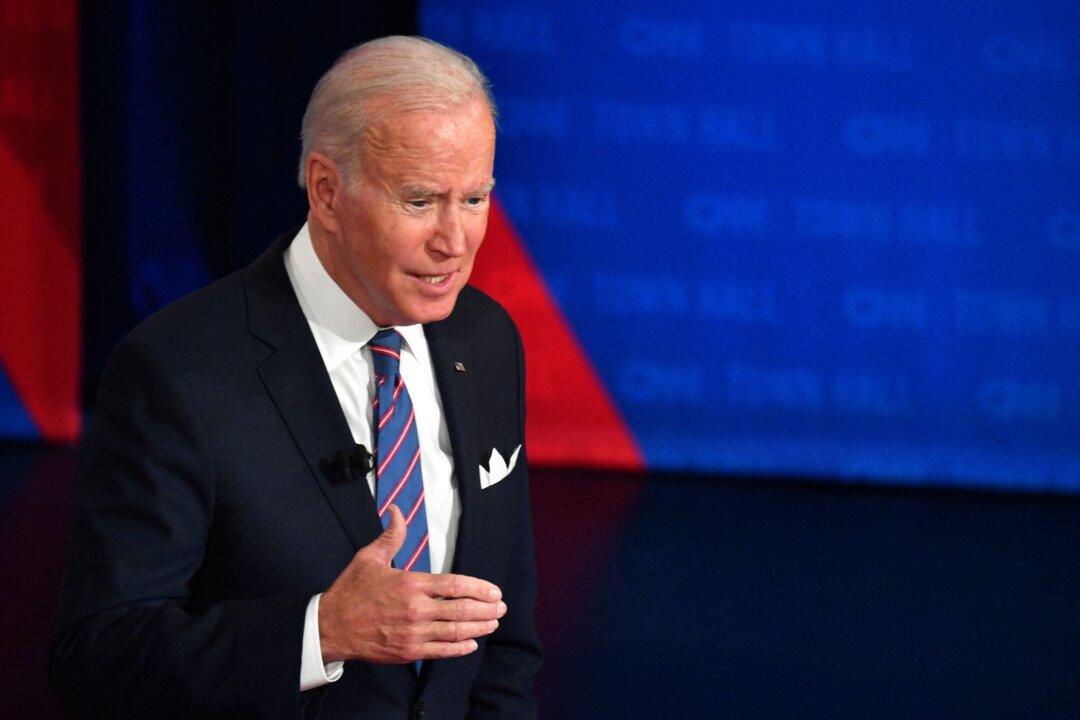New guidance released by the White House on Nov. 1 suggests that federal contractors will have significant leeway in enforcing President Joe Biden’s COVID-19 vaccine mandate.
Federal contractors such as Boeing, Lockheed Martin, United Airlines, IBM, UPS, and many more employ a significant number of Americans. The new guidance, released on the Safer Federal Workforce website, provides flexibility for those companies to determine how to enforce the mandate.





